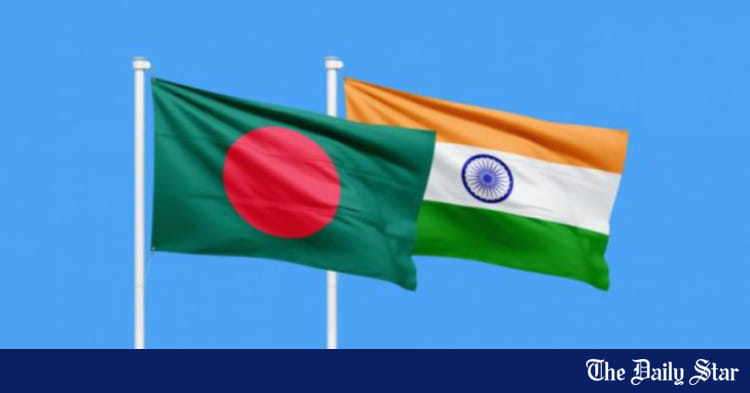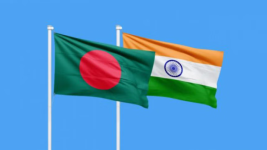- Copy to clipboard
- Thread starter
- #511
Saif
Senior Member
- Messages
- 14,180
- Reaction score
- 7,457
- Origin

- Residence

- Axis Group


Tarique Rahman expresses sorrow over India plane tragedy
BNP acting chairman Tarique Rahman on Thursday expressed profound shock and sorrow over the tragic crash of an Air India flight carrying 242 passengers in Ahmedabad. "I extend my deepest condolences to the families of all those who lost their loved ones. Let us all stand by them in this time of gr
Tarique Rahman expresses sorrow over India plane tragedy
UNB
Published :
Jun 13, 2025 01:21
Updated :
Jun 13, 2025 01:21

BNP acting chairman Tarique Rahman on Thursday expressed profound shock and sorrow over the tragic crash of an Air India flight carrying 242 passengers in Ahmedabad.
"I extend my deepest condolences to the families of all those who lost their loved ones. Let us all stand by them in this time of grief and share our sincerest prayers," he said in post on Facebook page.
"It is heartbreaking that a London-bound plane, carrying 242 people of many nations, crashed shortly after taking off in India."
In one of India's worst aviation disasters, an Air India Boeing 787-8 Dreamliner crashed shortly after takeoff from Ahmedabad airport on Thursday, leaving 241 feared dead.
Authorities confirmed that one passenger miraculously survived the crash and is currently undergoing treatment in hospital.
UNB
Published :
Jun 13, 2025 01:21
Updated :
Jun 13, 2025 01:21
BNP acting chairman Tarique Rahman on Thursday expressed profound shock and sorrow over the tragic crash of an Air India flight carrying 242 passengers in Ahmedabad.
"I extend my deepest condolences to the families of all those who lost their loved ones. Let us all stand by them in this time of grief and share our sincerest prayers," he said in post on Facebook page.
"It is heartbreaking that a London-bound plane, carrying 242 people of many nations, crashed shortly after taking off in India."
In one of India's worst aviation disasters, an Air India Boeing 787-8 Dreamliner crashed shortly after takeoff from Ahmedabad airport on Thursday, leaving 241 feared dead.
Authorities confirmed that one passenger miraculously survived the crash and is currently undergoing treatment in hospital.







